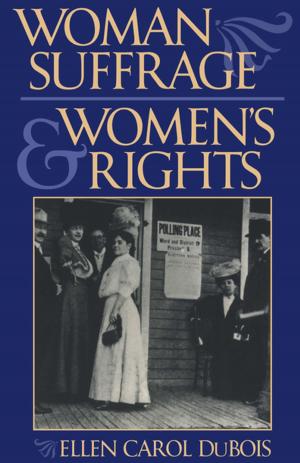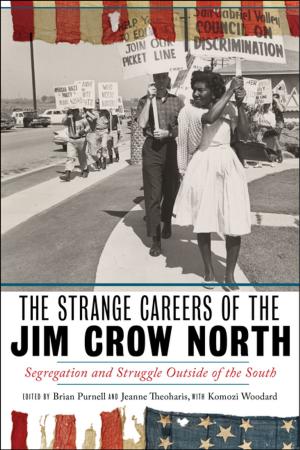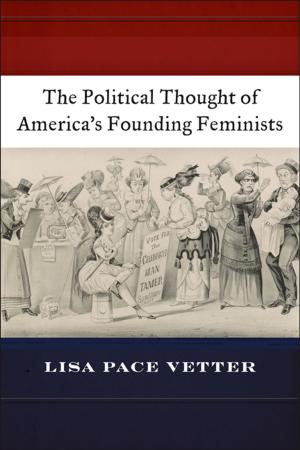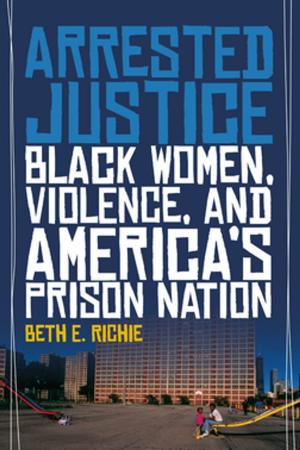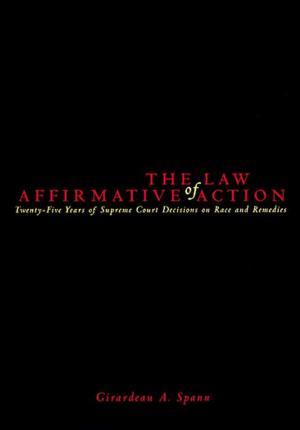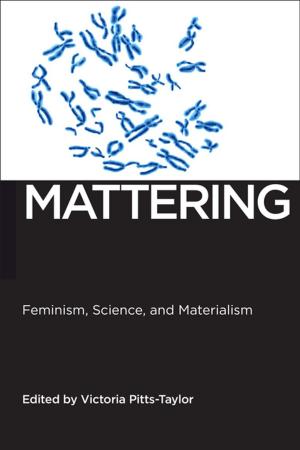| Author: | Andrew E. Taslitz | ISBN: | 9780814783429 |
| Publisher: | NYU Press | Publication: | June 1, 1999 |
| Imprint: | NYU Press | Language: | English |
| Author: | Andrew E. Taslitz |
| ISBN: | 9780814783429 |
| Publisher: | NYU Press |
| Publication: | June 1, 1999 |
| Imprint: | NYU Press |
| Language: | English |
Rape law reform has been a stunning failure. Defense lawyers persist in emphasizing victims' characters over defendants' behavior. Reform's goals of increasing rape report and conviction rates have generally not been achieved. In Rape and the Culture of the Courtroom, Andrew Taslitz locates the cause of rape reform failure in the language lawyers use, and the cultural stories upon which they draw to dominate rape victims in the courtroom.
Cultural stories about rape, Taslitz argues, such as the provocatively dressed woman "asking for it," are at the root of many unconscious prejudices that determine jury views. He connects these stories with real-life examples, such as the Mike Tyson and Glen Ridge rape trials, to show how rape stereotypes are used by defense lawyers to gain acquittals for their clients.
Building on Deborah Tannen's pathbreaking research on the differences between male and female speech, Taslitz also demonstrates how word choice, tone, and other lawyers' linguistic tactics work to undermine the confidence and the credibility of the victim, weakening her voice during the trial. Taslitz provides politically realistic reform proposals, consistent with feminist theories of justice, which promise to improve both the adversary system in general and the way that the system handles rape cases.
Rape law reform has been a stunning failure. Defense lawyers persist in emphasizing victims' characters over defendants' behavior. Reform's goals of increasing rape report and conviction rates have generally not been achieved. In Rape and the Culture of the Courtroom, Andrew Taslitz locates the cause of rape reform failure in the language lawyers use, and the cultural stories upon which they draw to dominate rape victims in the courtroom.
Cultural stories about rape, Taslitz argues, such as the provocatively dressed woman "asking for it," are at the root of many unconscious prejudices that determine jury views. He connects these stories with real-life examples, such as the Mike Tyson and Glen Ridge rape trials, to show how rape stereotypes are used by defense lawyers to gain acquittals for their clients.
Building on Deborah Tannen's pathbreaking research on the differences between male and female speech, Taslitz also demonstrates how word choice, tone, and other lawyers' linguistic tactics work to undermine the confidence and the credibility of the victim, weakening her voice during the trial. Taslitz provides politically realistic reform proposals, consistent with feminist theories of justice, which promise to improve both the adversary system in general and the way that the system handles rape cases.


